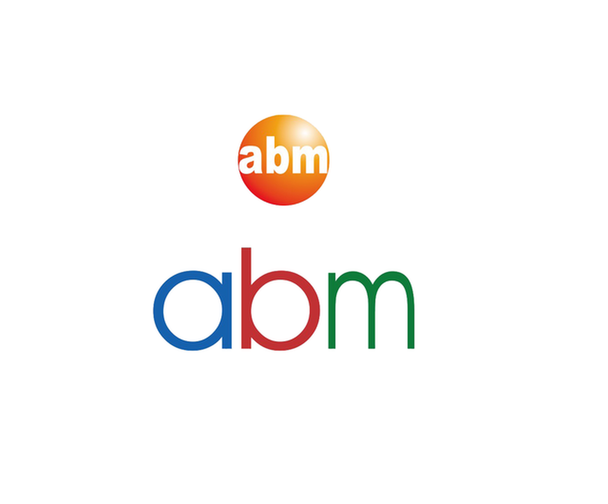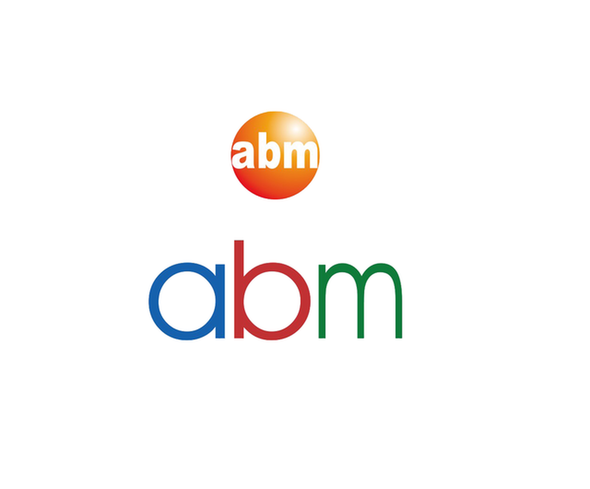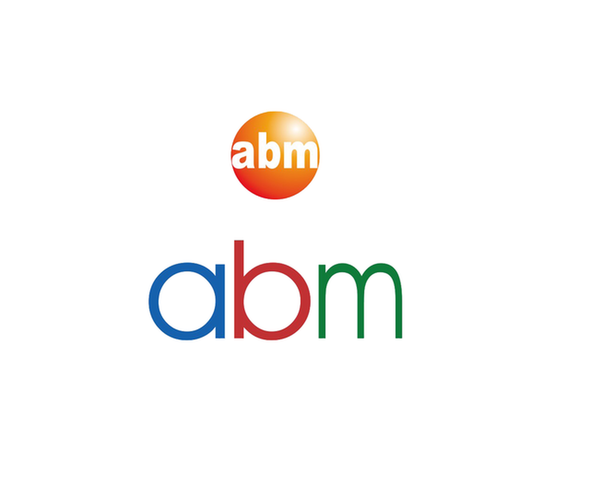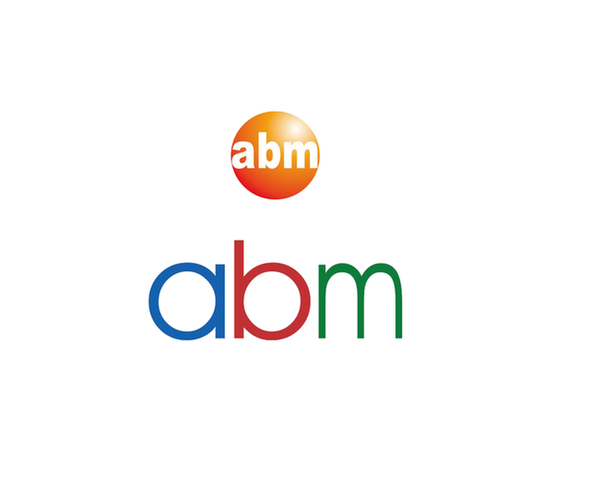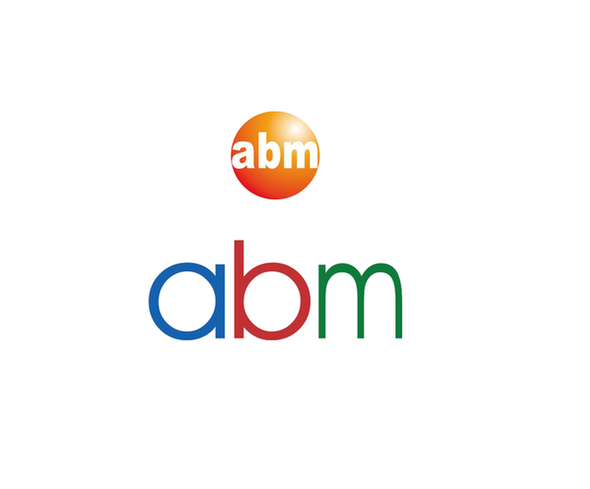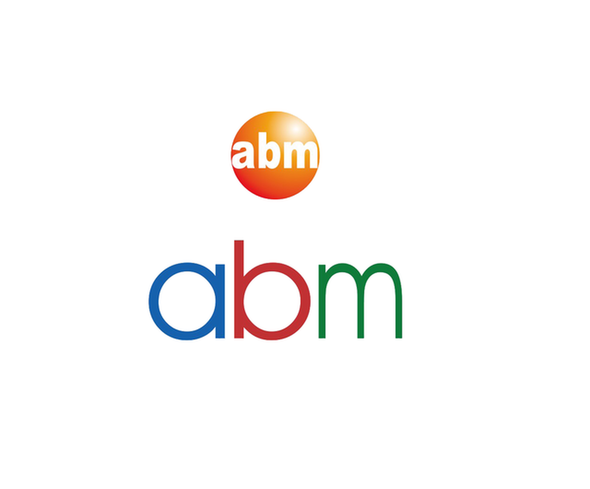abm | Immortalized Mouse Tumour Dendritic Cells (CD4⁻ MutuDC2) | T0790
- SKU:
- T0790
- Availability:
- 5 to 7 Days Shipment
- Size:
- 1x10⁶ cells / 1.0 ml
Description
abm | Immortalized Mouse Tumour Dendritic Cells (CD4⁻ MutuDC2) | T0790
Immortalization Method:
Spontaneous SV40LgT-mediated tumorigenic transformation of splenic conventional Dendritic Cells in CD11c-SV40LgT-transgenic mice.
BioSafety Level:
II
Organism:
Mouse
Species:
Mouse
Source Organ:
Spleen
Organ Type:
Spleen
Growth Properties:
Adherent
Morphology:
Round
Passage Number:
N/A
Population Doubling:
N/A
Seeding Density:
72-144 hours
Markers:
CD11c+, MHC-II+, F4/80lo, B220-, GR-1-, PDCA-1-, CD80+, CD86+, CD11b+, CD172a+, CD4-, CD8a-, CLEC9A-, FLT3+
Donor Age:
N/A
Donor Gender:
N/A
Donor Ethnicity:
N/A
Propagation:
The base medium for this cell line is IMDM (1x) + GlutamaxTM (Gibco Ref: 31980-030). To make the complete growth medium, add the following components to the base medium: heat-inactivated fetal bovine serum to a final concentration of 10%, 1% of 7.5% Sodium Bicarbonate Solution, 50 µM β-mercaptoethanol, HEPES to a final concentration of 10 mM, and Penicillin/Streptomycin Solution to a final concentration of 1%. Filter the complete media at 0.22µm before use.Carbon dioxide (CO2): 5%, Temperature: 37.0°C.
To decomplement FBS:
1. Let the FBS bottle completely thaw overnight at 4°C.
2. Leave the FBS bottle in water bath for 30 minutes at 56°C.
3. Decomplemented FBS can be stored at -20°C for long term. Avoid frequent freeze-thaw cycling.
Quality Control:
1) Flow cytometry; 2) ELISA; 3) qPCR
Shipping Condition:
Dry Ice
Storage Condition:
liquid nitrogen or -180C

